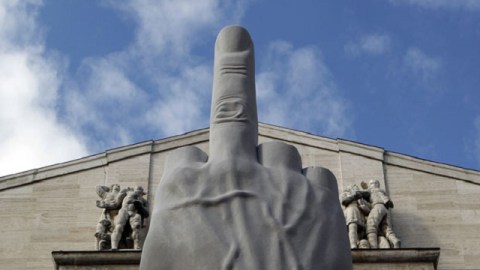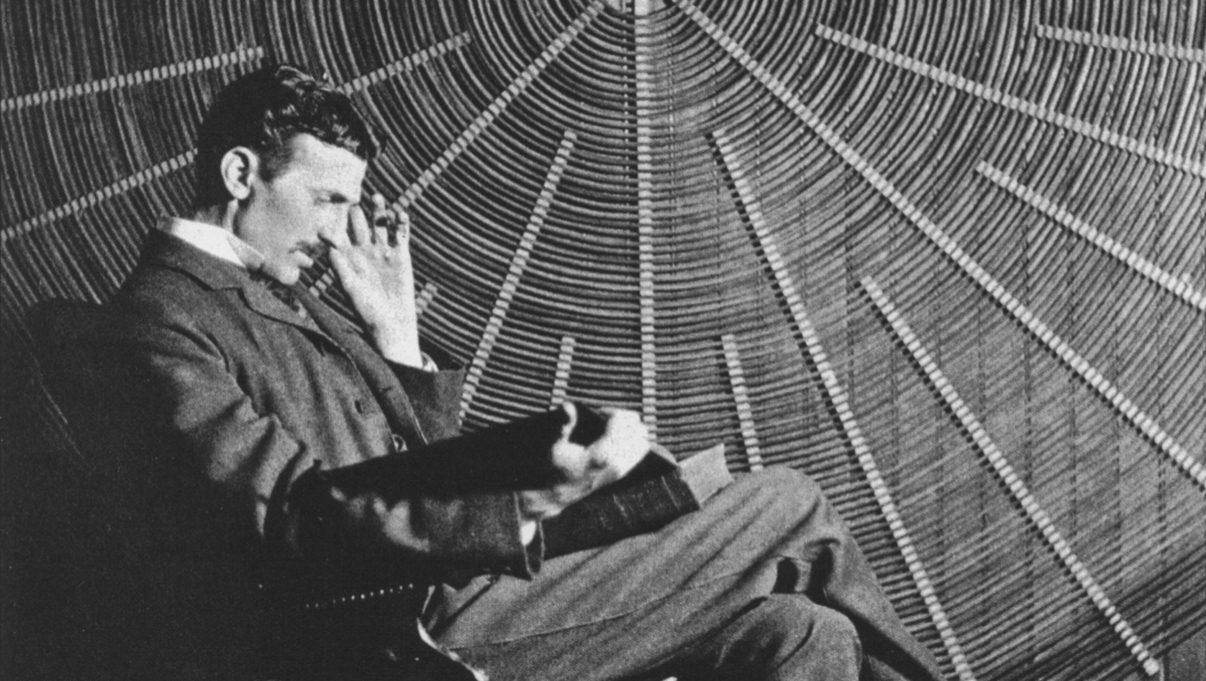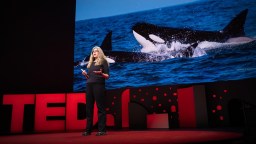Do the Bird: Maurizio Cattelan’s Protest Sculpture

When Maurizio Cattelan unveiled his 30-foot-high sculpture titled L.O.V.E. in front of the Milan Stock Exchange recently, many people were wondering exactly where the love was. The massive hand with middle finger upraised resembles in style and marble structure Michelangelo’s David, if the young hero flipped off the PhilistineGoliath just before firing the fatal stone. Cattelan specializes in confrontational art, but he claims that his prodigious rude gesture is “mainly about imagination” and love, actually, rather than a social comment on the international financial world. I don’t buy it, and neither should you, regardless of what Cattelan says, or even believes.
Cattelan has taken on giants before. La Nona Ora (“The Ninth Hour” in English) depicts Pope John Paul II struck by a meteorite. Perhaps Cattelan fantasized God smiting the pontiff for continuing some of the intolerant policies of the Catholic church. Equally memorable was Cattelan’s decision to sculpt Adolf Hitler praying. By flipping the world upside down—mass murderers as devout, religious figures smote for their sins—Cattelan asks us to refocus our attention and see thing afresh. L.O.V.E. borrows from the Renaissance tradition of Italy to ask us to look at the modern world with new eyes. Cattelan’s works “call our times into question, offering themselves as a mirror, however cracked, of our present,” Milan’s commissioner for culture, Massimiliano Finazzer Flory, remarked in an official statement.
This sculpture is clearly saying something, but to whom? For Americans still struggling with a floundering economy, memories of the massive financial bailout that promised salvation but seemed only to save the financial institutions themselves still rankle. We would all like to give Goldman Sachs and friends “the bird” in the worst way. When the American disaster rippled across the oceans and soured world markets, that sentiment repeated in the minds of Europeans, Asians, and beyond.
But look closely at L.O.V.E. again. It’s pointing away from the stock exchange, not towards it. Cattelan aims the gesture not at the financial world, as he says, but at us—those affected by that world, but hopelessly outside of it. Perhaps Cattelan speaks the truth when he says he’s not speaking to the financial world. Perhaps what he’s really doing is speaking for them—putting in a single image everything they’ve said to the world for the last few years of bailouts and failures. “We’re too big to fail,” the three-story-high hand says. Instead of David challenging the giant, it’s the giant goading us to take our best shot, however futile. “Nobody loves Goliath,” as Wilt Chamberlain once said. This sculpture adds, “And Goliath couldn’t care less.”
As a New York Times piece today remarked, the calls for austerity in America and Europe are always “for thee, and not for me”—aimed at the poorest and not at the richest, who always command the discussion of finances, usually at the expense of the voiceless. Rather than decry Cattelan’s sculpture as a childish rude gesture, we should think more about the greater obscenity of how the economy punishes the innocent and rewards the criminal actions of the lords of finance. Rather than condemn Cattelan, we should join him in “doing the bird,” because the bird’s been done to us for much too long.
[All apologies to Morris Day and The Time for co-opting their song for my title.]





